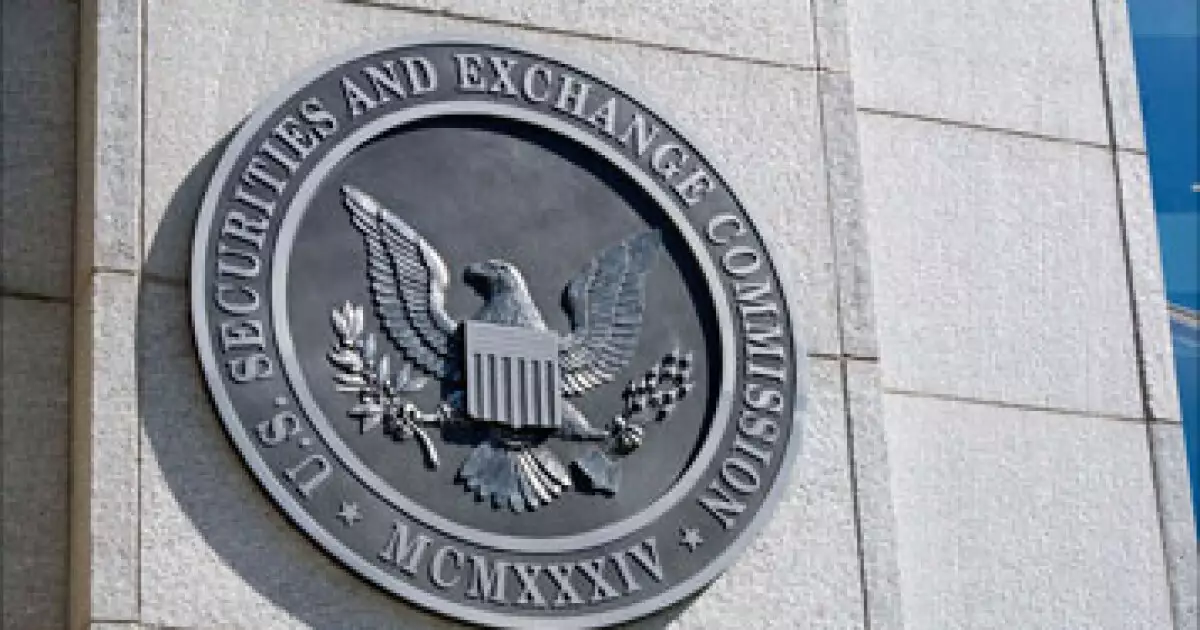The municipal securities market operates under a complex web of regulations designed to ensure fairness and transparency. At the recent California Public Finance conference, Dave Sanchez, the director of the Securities and Exchange Commission’s Office of Municipal Securities, highlighted new-issue pricing as a focal point for regulatory scrutiny in 2025. This emphasis on pricing is crucial because it not only concerns municipal advisors and their obligations but also has broader implications for the fair functioning of the municipal bond market.
The central message from Sanchez is clear: municipal advisors and broker-dealers must adhere to their regulatory responsibilities, particularly when it comes to the pricing of new issues. Under MSRB Rules G-17 and G-42, advisors have an explicit duty to evaluate and disclose new-issue pricing structures. Non-compliance is not an option; the consequences of failing to disclose pricing methodologies to clients are significant, potentially leading to mistrust and regulatory sanctions.
Sanchez warned of an alarming average underpricing of 25 to 35 basis points that could hinder issuers and affect market integrity. This systematic underpricing poses risks not only to the individual issuers but also destabilizes the market’s promise of “fair, orderly, and efficient” operations. By drawing parallels to past SEC interventions, Sanchez emphasized the need for market participants to proactively address pricing issues; it’s as if the SEC is alerting the market to tidy up before a surprise guest arrives.
The suggestion that stakeholders should act in a preemptive manner reflects a shift in the SEC’s approach to market oversight, encouraging a culture of compliance rather than simply reactive measures after violations occur. Stakeholders need to take responsibility for their pricing decisions in the new-issue market, understanding the long-term repercussions of their actions.
To arm market participants with the necessary resources for informed decision-making, Sanchez pointed to tools such as Solve’s DIVER Scale Viewer and Scale Writer, which facilitate access to critical data on comparable deals. However, while these platforms can significantly aid in analysis, they should complement rather than replace due diligence efforts. Data from these tools allows for a more comprehensive evaluation of how similar bonds are trading in the secondary market, presenting a more nuanced view than historical comparisons alone could provide.
Moreover, Sanchez highlighted the significance of monitoring bond performance in the secondary market for a period following the initial pricing. A bittersweet reality is that even with rich data sources like the MSRB’s EMMA, the mere act of analyzing is insufficient unless coupled with the ability to interpret findings in a meaningful way, advocating for a balance between technology and human insight.
Further discussion during the conference also touched upon the methods of sale. Sanchez referenced a February 2023 presentation that underscored the potentially negative repercussions of negotiated sales compared to competitive ones—highlighting that many market participants may not fully appreciate the implications of their sale methodology on pricing outcomes. The interplay of bidding processes in securing favorable pricing is complex, and this discussion sparked significant audience engagement, reflecting a broader industry concern.
Dave Sanchez’s remarks at the conference serve as a crucial reminder of the importance of disciplined pricing in the municipal securities market. As regulations evolve, so too must the practices surrounding them. Municipal advisors and other market participants would do well to internalize these insights, recognizing that the integrity of the market hinges on collective, responsible actions towards pricing governance.


Leave a Reply